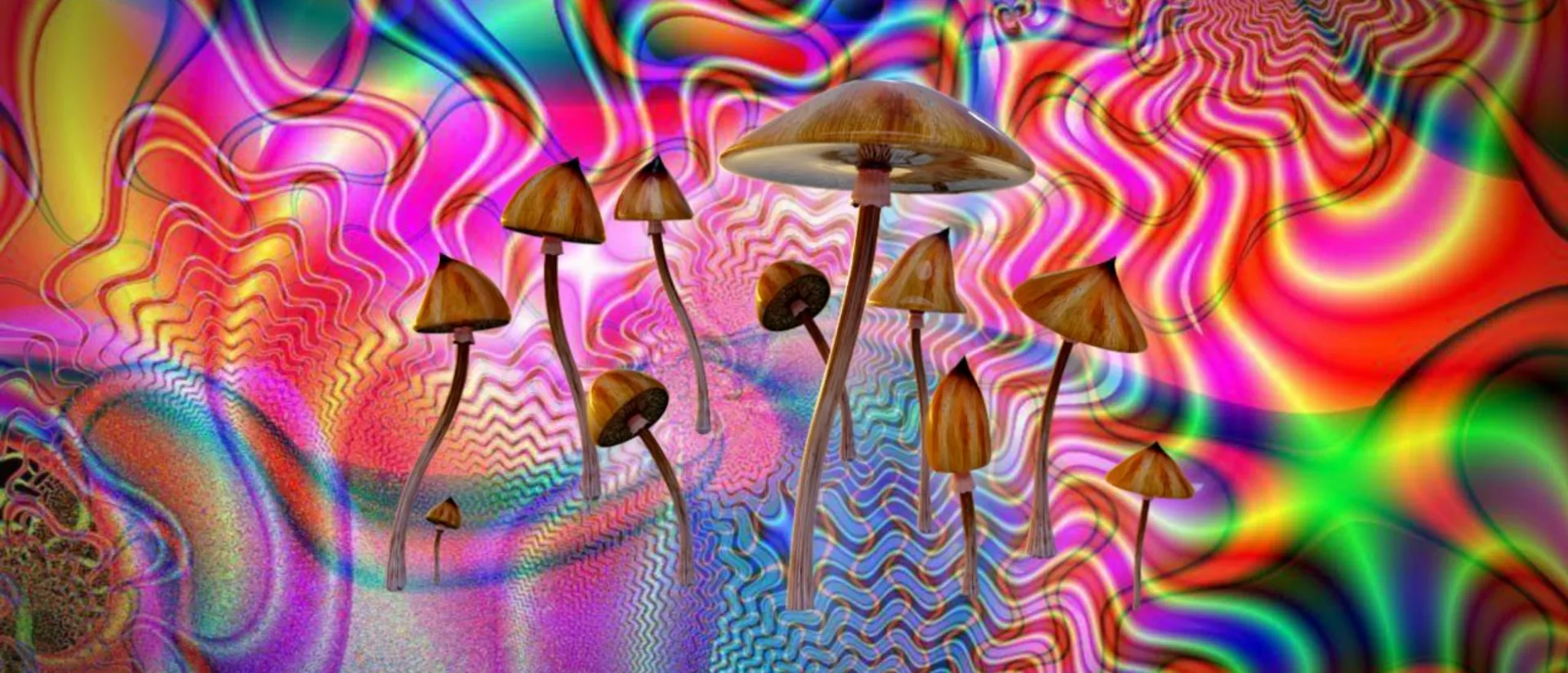by Matt Agorist, The Free Thought Project:

(Singularity Hub) Psychedelics made their mark this year—not as counterculture party drugs, but as a new paradigm in mental health therapy.
In June, Australia became the first country to greenlight MDMA, popularly known as molly or ecstasy, and psilocybin, the active ingredient in magic mushrooms, to treat post-traumatic stress disorder (PTSD) and depression.
TRUTH LIVES on at https://sgtreport.tv/
MDMA also inched closer to approval in the US for PTSD, thanks to positive results from a large multi-site, double-blind, randomized trial—the gold standard for testing drug safety and efficacy.
Meanwhile, psilocybin gained steam as a treatment for severe depression. A randomized, placebo-controlled trial in 104 adults found that a single dose of magic mushrooms dampened the symptoms of depression when combined with psychological support. The effects lasted at least six weeks with minimal side effects. Clinical trials are in the works to explore whether psilocybin and its derivatives can help patients cope with chronic lower back pain, tackle depression in bipolar disorder, and ease mental struggles in end-of-life care.
This year also saw magic mushrooms for therapy move ahead. Registered clinics in Oregon have already begun psilocybin treatments in patients with mental health disorders ranging from obsessive-compulsive disorders to PTSD—even though the drug isn’t federally approved and remains illegal.
In 2022, Oregon became the first state to legalize psilocybin therapy with strict regulations: The mushrooms are carefully controlled for potency and quality and need to be taken under supervision. The guidelines offer a blueprint for other states—such as Colorado, which also decriminalized psilocybin for potential therapeutic use.
Yet one glaring problem remains. Despite promising clinical results, no one knows exactly how psychedelic drugs work in the brain. Examining their actions on brain cells isn’t just an academic curiosity. It could give rise to variants that maintain antidepressant properties without the high. And because hallucinogens substantially alter our perception of the world, they could be powerful tools for investigating the neurobiology behind consciousness.
Lucy in the Sky With Brain Cells
Mind-altering drugs are “fabulously dirty,” in that they act on multiple targets across the brain, with each activating different types of neurons in diverse regions.
However, they share similarities. For example, most psychoactive drugs regulate serotonin, a brain chemical involved in mood, appetite, memory, and attention.
This year, scientists found another common theme—psychedelics seem to “reset” the brain to a more youthful state, at least in mice. Like humans, mice have an adolescent critical period, during which their brains are highly malleable and can easily rewire neural circuits, but the window closes after adulthood.
Read More @ TheFreeThoughtProject.com




